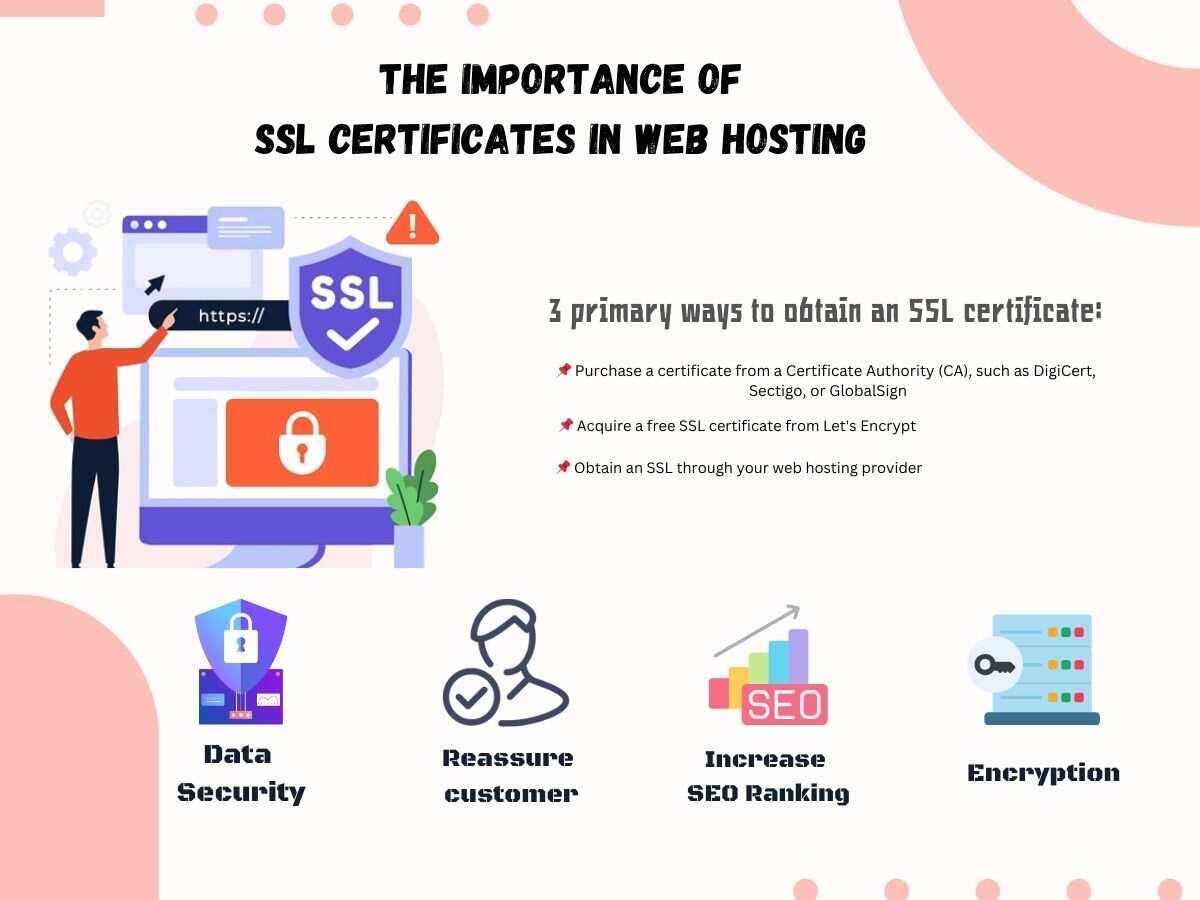
Cloud Hosting: Revolutionizing Traditional Web Hosting Solutions
loud technology has been impacting diverse sectors over the years, and the web hosting industry is no stranger to this shift. With its promises of improved performance, scalability, and cost savings, cloud hosting is revolutionizing the ways we perceive and leverage web hosting solutions. In this article, we take a deep dive into the world of Cloud Server Hosting, exploring how it differs from traditional hosting models and why it might be the future of web hosting.
What is Cloud Hosting?
In traditional web hosting, your website’s files and data are stored on a single server. Cloud hosting, however, distributes the data across a network of virtual servers in the cloud. The underlying physical servers span multiple locations, but the virtual nature of the setup makes it seem like a unified platform from a user’s perspective. It makes it significantly more robust and scalable than other types of hosting, such as shared or dedicated hosting.
The Revolutionary Shift from Traditional to Cloud Hosting
1. High Performance & Availability
One of the defining characteristics of cloud hosting is its high performance and availability. Since your resources (CPU, RAM) aren’t tied to a single physical server, your website can handle higher traffic loads. The website data is also mirrored across multiple servers, resulting in superior uptime and availability, reducing the chances of your website going offline.
2. Scalability & Flexibility
With traditional hosting, if you encounter a sudden spike in traffic or need additional resources, you must manually upgrade your hosting plan. Cloud hosting, however, offers instant scalability. If your website experiences a surge in traffic, you can easily upscale (or downscale) your resources on-the-fly without affecting your site’s performance or availability.
3. Cost-Effectiveness
Traditional hosting models require paying a fixed price regardless of the resources utilized. But cloud hosting follows a pay-as-you-go billing model. It means you only pay for the resources you consume, which can lead to significant cost savings, especially for websites with volatile traffic.
4. Enhanced Security
Security is a crucial concern in the digital world, and cloud hosting addresses this concern efficiently. It offers data redundancy across multiple servers, ensuring that in case of a data breach or hardware failure, your data can be quickly restored. Many cloud hosts also offer advanced security features, such as distributed denial of service (DDoS) protection and firewalls.
How to Choose a Cloud Hosting Provider
To rack up the most benefits from your cloud hosting infrastructure, consider the following selection parameters:
1. **Reliability & Uptime**: Select a provider with a strong reputation for reliability and uptime. This ensures your website experiences minimal disruptive downtime.
2. **Scalability**: Look for flexible plans that allow you to easily upscale or downscale your resources based on your website’s needs.
3. **Security**: Ensure the provider takes a proactive stance towards security with features like DDoS protection, firewalls, and data encryption.
4. **Customer Support**: Opt for a host that provides 24/7 support through multiple channels (phone, email, live chat) to help you promptly troubleshoot any eventualities.
Are You Ready to Move to the Cloud?
Cloud hosting is gradually becoming the new normal in the web hosting industry, thanks to its high performance, flexibility, and cost-effectiveness. Whether you run a small blog or a largescale e-commerce site, moving to the cloud might just be the upgrade your hosting infrastructure needs.
However, migrating to cloud hosting should align with your specific needs and skillset. If you lack the technical know-how to manage a cloud server, choosing a managed cloud hosting solution might be a fitting choice. Remember to evaluate your options carefully, and you’re likely to enjoy the innovative advantages that cloud hosting brings to your digital space.







